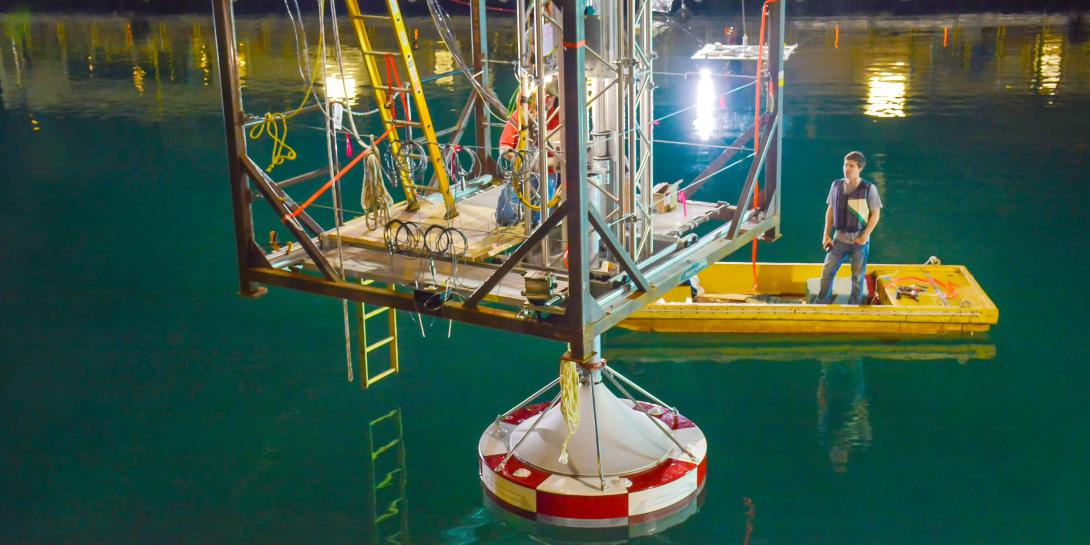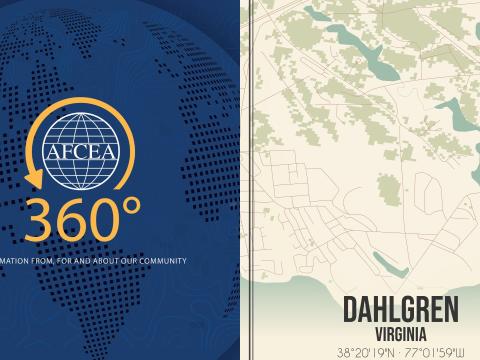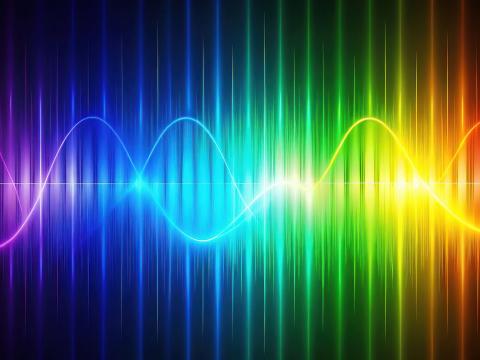Surfing USA in the Name of Science
Engineers from Sandia National Laboratories are conducting the largest model-scale wave energy testing of its kind to harness power from one of the biggest untapped clean energy sources on Earth—and one of the hardest to capture.
Engineers from Sandia National Laboratories are conducting the largest model-scale wave energy testing of its kind to harness power from one of the biggest untapped clean energy sources on Earth—and one of the hardest to capture.
The project objective is to improve the performance of wave-energy converters (WECs), which could power millions of homes across the United States if researchers are successful. Engineers Ryan Coe and Giorgio Bacelli are collecting data at the U.S. Navy’s maneuvering and seakeeping facility at the Naval Surface Warfare Center in Bethesda, Maryland—one of the largest wave tanks in the world.
“Our goal is to improve the economic viability of these devices,” Coe says. “We are working out ways to control the WEC’s generator to increase the amount of power it absorbs.”
Initial studies estimate that improving control of generators can dramatically increase energy absorption by as much as 300 percent. Transitioning these simplified studies to more realistic large-scale devices presents engineers with a whole different challenge.
Sandia’s continuing wave energy project, Advanced WEC Dynamics and Controls, kicked off in 2013 and is funded by the Office of Energy Efficiency and Renewable Energy.




Comment
wave-energy converters
Has anyone studied potential negative effects of wave-energy converters? AS an engineer I know that nothing we do is every without unintended or unforeseen consequences - take wind energy and resulting bird strikes for instance. I'm not saying wave-energy converters is a bad idea, but there could be negative effects on littoral ocean currents, marine life, beach erosion, weather, etc. that could limit where wave-energy converters should or should not be implemented.
Comments